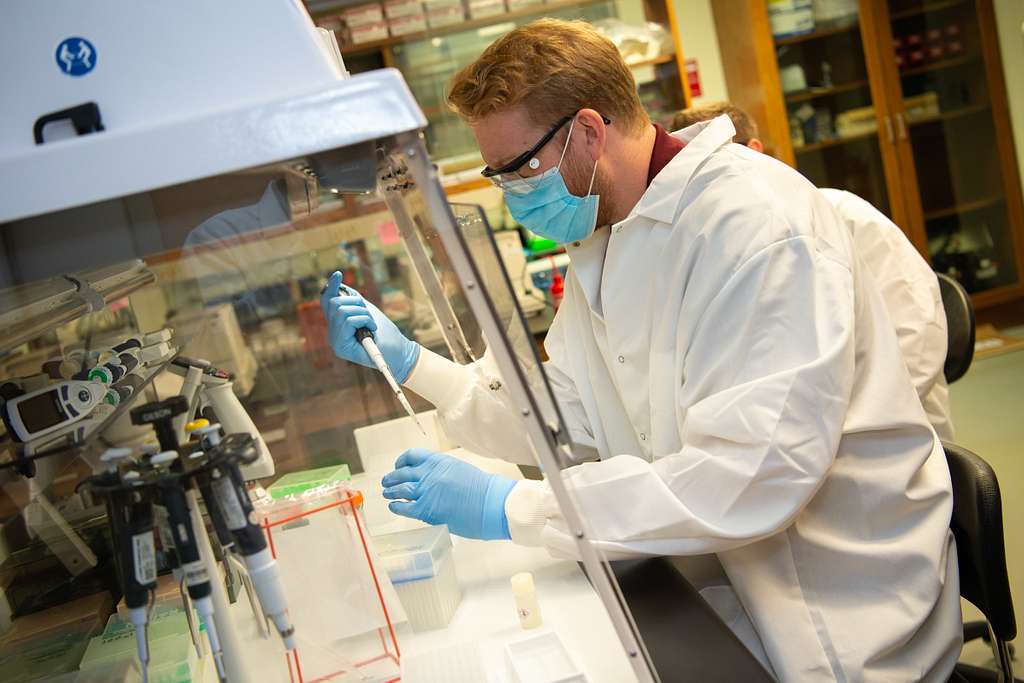

By Reeturaj - Oct 08, 2024
US scientists Victor Ambros and Gary Ruvkun have been awarded the 2024 Nobel Prize in Physiology or Medicine for their groundbreaking work on microRNAs, which play a crucial role in gene regulation and the development of complex life forms. The discovery sheds light on how genes are controlled within organisms and their importance in various tissues.

Image via Google
LATEST
The Nobel Prize in Physiology or Medicine 2024 has been awarded to US scientists Victor Ambros and Gary Ruvkun for their work on microRNA. Their discoveries help explain how complex life emerged on Earth and how the human body is made up of a wide variety of different tissues. MicroRNAs influence how genes - the instructions for life - are controlled inside organisms, including us. The winners share a prize fund worth 11m Swedish kronor (£810,000).
The US scientists were the first to discover microRNAs and how they exert control over how genes are expressed differently in different tissues. The medicine and physiology prize winners are selected by the Nobel Assembly of Sweden's Karolinska Institute. They said: “Their groundbreaking discovery revealed a completely new principle of gene regulation that turned out to be essential for multicellular organisms, including humans. It is now known that the human genome codes for over 1,000 microRNAs.”
Without the ability to control gene expression, every cell in an organism would be identical, so microRNAs helped enable the evolution of complex life forms. Abnormal regulation by microRNAs can contribute to cancer and some conditions, including congenital hearing loss and bone disorders. A severe example is DICER1 syndrome, which leads to cancer in a variety of tissues and is caused by mutations that affect microRNAs.
Prof Ambros, 70, works at the University of Massachusetts Medical School, and Prof Ruvkun, 72, is a professor at Harvard Medical School. Both conducted their research on the nematode worm - C. elegans. They experimented on a mutant form of the worm that failed to develop some cell types and eventually homed in on tiny pieces of genetic material or microRNAs that were essential for the worm's development. This is how it works: A gene or genetic instruction is contained within our DNA. Our cells make a copy, which is called messenger RNA or simply mRNA (you'll remember this from Covid vaccines). This travels out of the cell's nucleus and instructs the cell's protein-making factories to start making a specific protein. But microRNAs get in the way by sticking to the messenger RNA and stopping it from working. In essence, the microRNA has prevented the gene from being expressed in the cell.
Further work showed this was not a process unique to worms but was a core component of life on Earth. Prof Janosch Heller, from Dublin City University, said he was "delighted" to hear the prize had gone to Profs Ambros and Ruvkun. "Their pioneering work into gene regulation by microRNAs paved the way for groundbreaking research into novel therapies for devastating diseases such as epilepsy but also opened our eyes to the wonderful machinery that is tightly controlling what is happening in our cells.”